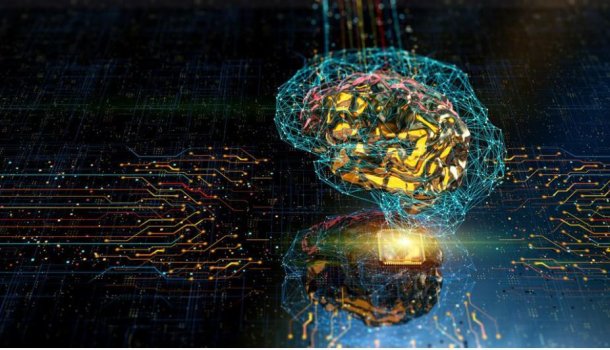From my position at the front line of AI development, I have seen companies beginning to reshape their perceptions and their plans for bringing AI into the workplace — so much so that I believe AI is poised to become more accessible and more productive than ever in the coming year.
First, let’s look at the employment climate: The continuation of the Great Resignation will force companies to accommodate new boundaries while accelerating digital transformation and productivity. From August to November 2021, U.S. job quit rates ranged from 2.8% to a record 3%. Research from HR analytics firm Visier reported that employees between 30 and 45 — the core of most management teams — increased their resignation rate more than 20% between 2020 and 2021. That’s a lot of institutional knowledge and experience walking out the door.
With low unemployment and access to talent limited, employers will look to train, retrain and adapt talent to address skill gaps. In an inflationary market, the situation will get more challenging as the cost of hiring and compensation increases.
I see two complementary effects from this where AI has a role to play:
One, companies may be pressured to accelerate digital transformation efforts that compensate for disruptions in productivity. Two, workers are no longer just looking for a job — they’re feeling empowered to seek a balanced, more holistic work-life experience. The kneejerk reaction to the Great Resignation is the same that it has been for any kind of attrition: Focus on retention. It is less disruptive, more productive and costs far less to invest in current employees than to onboard and train new ones. Adobe’s Future of Time study found that half of enterprise workers surveyed would switch jobs if it gave them access to better tools that made them more efficient at work.
Continue reading: https://www.forbes.com/sites/forbestechcouncil/2022/01/26/farm-to-table-aiwill-changehow-people-workand-innovatein-2022/?sh=dc6db6c53394
First, let’s look at the employment climate: The continuation of the Great Resignation will force companies to accommodate new boundaries while accelerating digital transformation and productivity. From August to November 2021, U.S. job quit rates ranged from 2.8% to a record 3%. Research from HR analytics firm Visier reported that employees between 30 and 45 — the core of most management teams — increased their resignation rate more than 20% between 2020 and 2021. That’s a lot of institutional knowledge and experience walking out the door.
With low unemployment and access to talent limited, employers will look to train, retrain and adapt talent to address skill gaps. In an inflationary market, the situation will get more challenging as the cost of hiring and compensation increases.
I see two complementary effects from this where AI has a role to play:
One, companies may be pressured to accelerate digital transformation efforts that compensate for disruptions in productivity. Two, workers are no longer just looking for a job — they’re feeling empowered to seek a balanced, more holistic work-life experience. The kneejerk reaction to the Great Resignation is the same that it has been for any kind of attrition: Focus on retention. It is less disruptive, more productive and costs far less to invest in current employees than to onboard and train new ones. Adobe’s Future of Time study found that half of enterprise workers surveyed would switch jobs if it gave them access to better tools that made them more efficient at work.
Continue reading: https://www.forbes.com/sites/forbestechcouncil/2022/01/26/farm-to-table-aiwill-changehow-people-workand-innovatein-2022/?sh=dc6db6c53394

